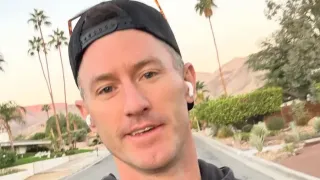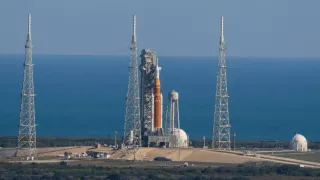April 13, 2025
Jocks, Crop Tops, and Boat-Side Body–Nasty Pig's Fishing Trip Was a Moment
Andrea Marks Joseph READ TIME: 1 MIN.
Gay clothing brand Nasty Pig took some of the hottest men we've ever seen on a fishing trip to Everglades National Park, dressed them in tiny, sexy outfits, and said, "Go forth and make the nation thirsty!" And, just like Debby Ryan when she sat down with the president of Disney and said she wanted to make history, that's what they did!
The Grindr Instagram account commenting "I'm hooked" on this post was so real. There's so much going on in these photos that you'll need to look at them for a long while, and keep coming back to this post at regular intervals – a studious process that we highly recommend, for research purposes – to truly see and soak it all in! The models drinking from a water hose and drenching themselves in the process; the firm, hairy bellies bouncing as they drive down the dirt road; the way the models enthusiastically rip off their pants to reveal tiny swimwear underneath; men in thongs running and jumping off the dock together... the, frankly, revolutionary sight of thigh-high fishing boot protectors paired with Speedo-style swimwear and a crop top. We'll never look at fishing trips the same way!






